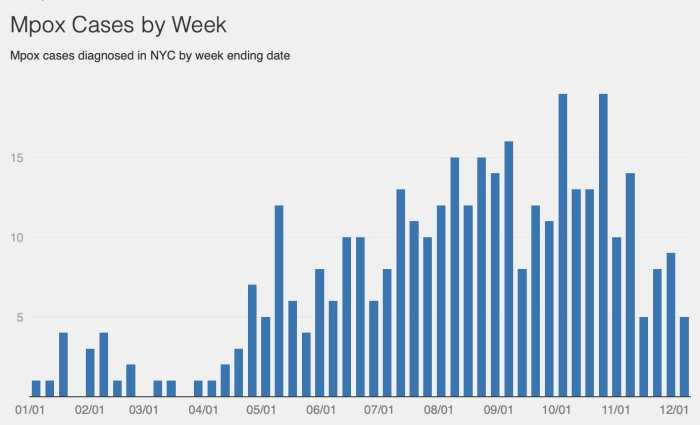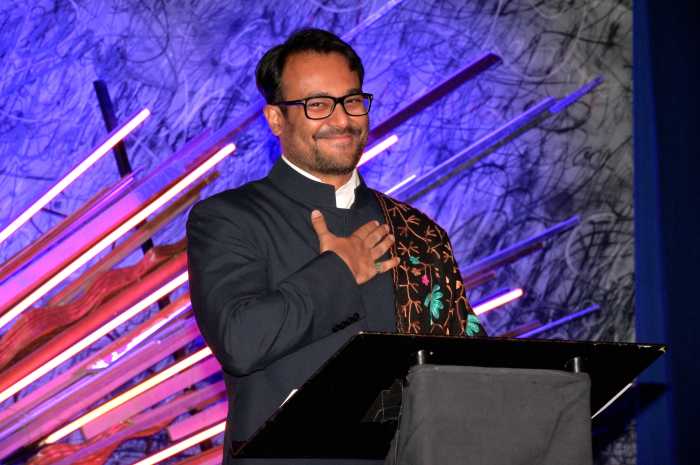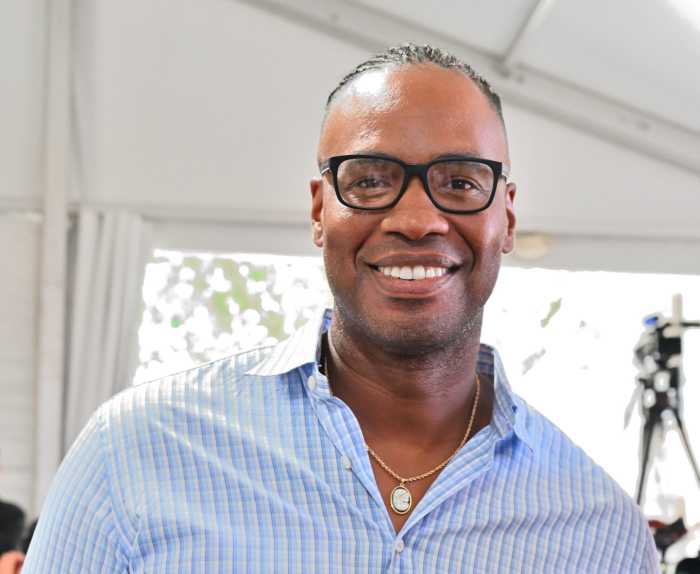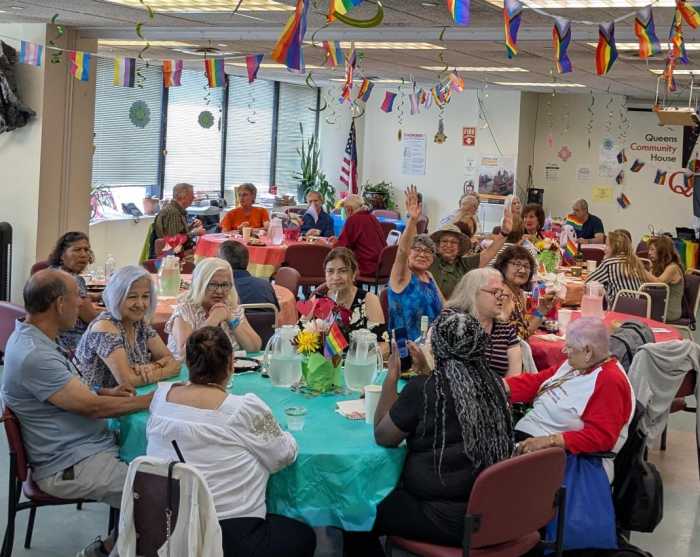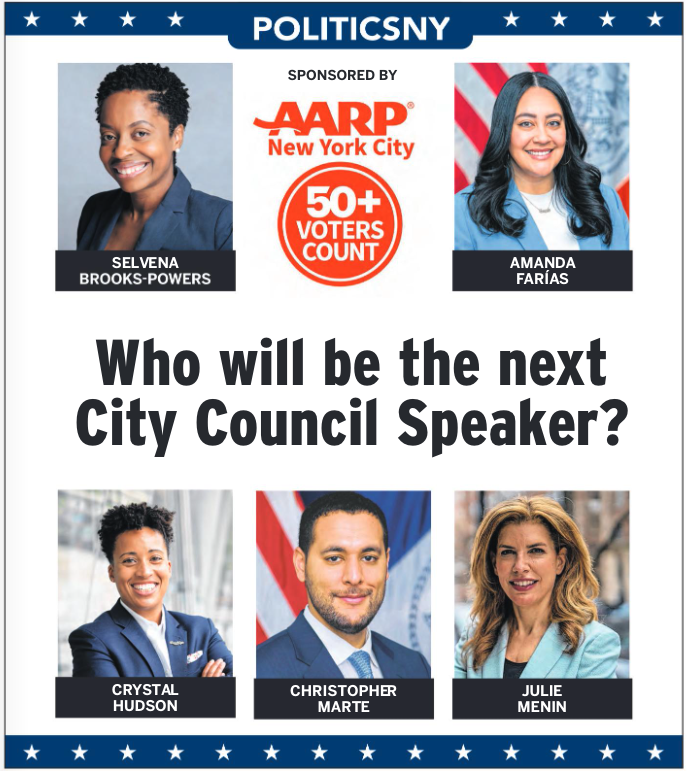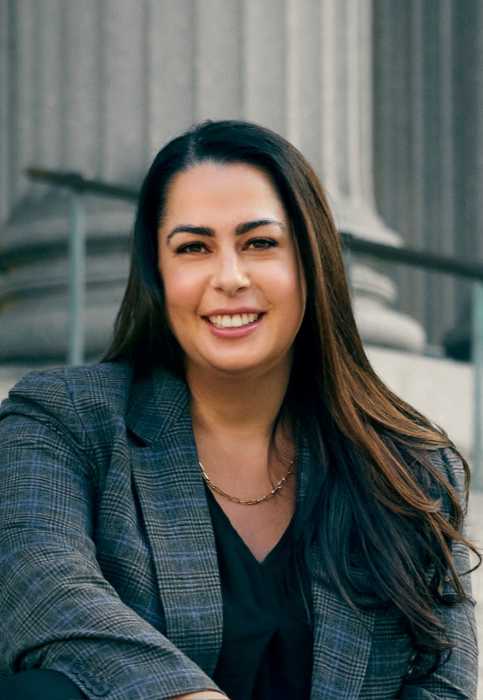Transgender leaders reflect on recent gains, continued resistance
Leading advocates for the transgender community said that their community was increasingly successful in advancing legislation that bans discrimination based on gender identity or expression during a November 11 panel discussion.
“Things are a lot better than they were five years ago,” said Mara Keisling, executive director of the Washington, D.C.-based National Center for Transgender Equality. “Most of us agree that our equal rights victory will get there and most of us will get there within our lifetimes.”
In addition to citing legal victories, Keisling said that positive representations of transgender people were becoming more common in books, films, and on the television.
“Cultural change is coming fast and furious,” she said at the event which was held at the Lesbian, Gay, Bisexual and Transgender (LGBT) Community Center. The panel, titled “Transgender Victories and Prospects” was sponsored by the Center’s Gender Identity Project. Keisling noted that support for transgender issues had grown dramatically within the queer community.
“In the LGBT community we are more and more at the table,” she said. “We’re finding we are really part of most LGBT groups and that wasn’t true five years ago.”
Lisa Mottet, a legislative lawyer at the National Gay and Lesbian Task Force, supported Keisling with data on legislative advances from across the nation.
The first law that banned discrimination based on gender identity and expression was enacted in 1973 in Minneapolis. Such a ban is typically seen as protecting transgender people. After the action by Minneapolis, there was little additional legislative activity on this front until 1993 when the state of Minnesota passed a similar law. Four years later—1997—turned out to be a pivotal time. In each year since 1997, growing numbers of cities, counties, and states have passed these protections.
“Each year we have five or six laws per year,” Mottet said.
Other states have added protections through court decisions that have interpreted bans on discrimination based on sexual orientation to include transgender people.
Mottet pointed to data showing that, two years ago, just six percent of the U.S. population lived in states, cities, or counties that banned discrimination based on gender identity or expression. On January 1, when a California law banning such discrimination becomes effective, 24 percent of the U.S. population will be covered.
Pauline Park, co-chair of the New York Association for Gender Rights Advocacy (NYAGRA), described the current environment as “the best of times and the worst of times.”
Park recalled that New York state passed legislation last year that protected gay men and lesbians from discrimination. A last ditch effort to include protections for transgender people in that bill launched a nasty battle among gay and lesbian groups, transgender groups and their supporters, and out state politicians.
“That was an extremely depressing and infuriating event for many people in the transgender community,” Park said.
The Gender Expression Non-Discrimination Act (GENDA), introduced in the state Senate and Assembly earlier this year, that would add transgender protections to state law “does not have very significant prospects for passing,” according to Park.
In her view, the Republican-controlled state Senate is the stumbling block.
A state bill, for instance, that protects school students from bullying and harassment and includes transgender protections passed the Democrat-controlled Assembly by wide margins this year and last year. The Senate Republicans then passed their own version that was “vastly inferior,” in part, because it did not include gender identity or expression, Park said.
“Right now the state Senate is not willing to pass a bill that includes gender identity or expression, but they are willing to discuss it,” she said.
Speaking at an event at the Center earlier that evening, out gay state Senator Thomas K. Duane said passing GENDA would be difficult, but “doable” next year,
“That’s a very large piece of work that we need to get done,” Duane said.
Park pointed to recent gains in New York City as evidence of the “best of times.” Last year, the city added discrimination protections for transgender people to its human rights law.
At the federal level, the Employment Non-Discrimination Act (ENDA), which bans discrimination based on sexual orientation, does not include transgender protections and that is not likely to change soon. A number of queer groups, including the Human Rights Campaign which is the leading advocate of ENDA, are writing another piece of legislation that would add all those protections to federal law.
A federal hate crimes bill that would increase penalties for crimes motivated by bias also does not include the transgender community.
“We worked very hard to get more specific language in,” Keisling said. “If it doesn’t pass this session, we are going to work very hard to get language in in the next session.”
Keisling remains hopeful. She had earlier described a portion of the evening as the “we are kicking butt” part of the panel. Later, Keisling said that progress could be measured by the resistance it meets.
“First they ignore us,” Keisling said citing Gandhi. “Then they laugh at us, then they fight us, then we win. More and more they are fighting us.”


